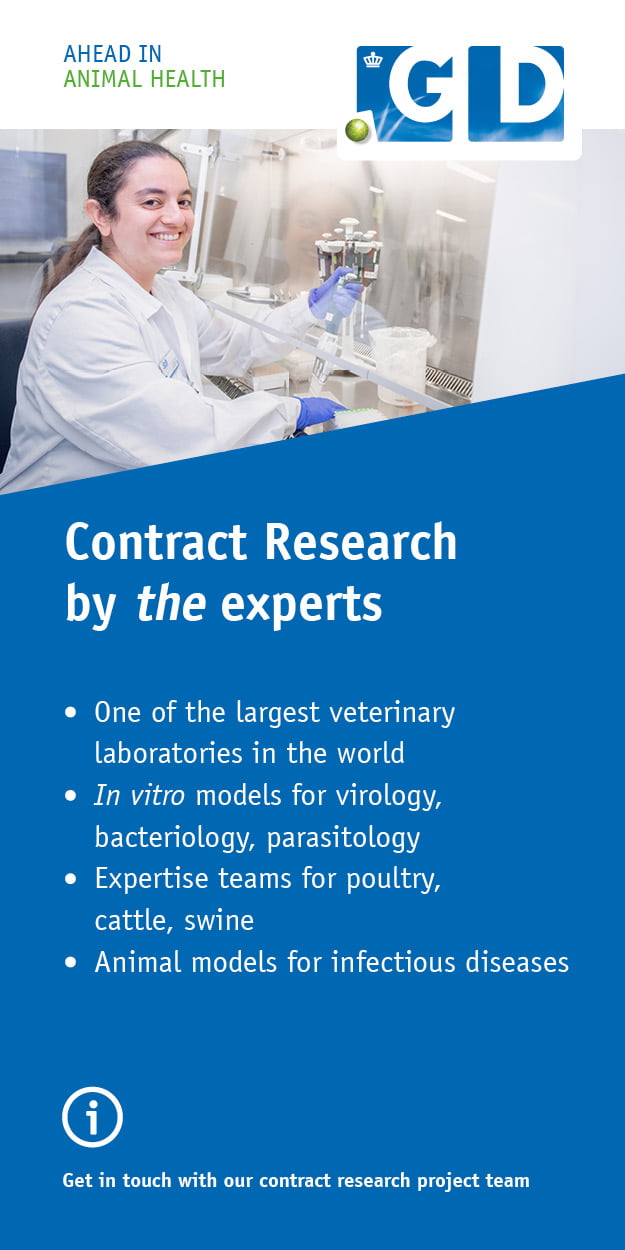The human gut is full of microbes. Some microbes can make people sick, while others are responsible for balancing gut health. But humans aren’t the only species who’s health depends on these microorganisms. Coral reef ecosystems rely on microorganisms to recycle organic matter and nutrients. These cells also help feed corals and other life reliant on reefs. Researchers from WHOI studied the microbes in coral reef water by examining eight reefs in the U.S. Virgin Islands over a period of seven years, which included periods of hurricane and coral disease disturbance.
“Coral reefs have been declining for decades. Climate change, hurricanes, disease, and other stressors have played a major part in that.” said Cynthia Becker, first author of the study and recent graduate of the MIT-WHOI Joint Program.
The human gut is full of microbes. Some microbes can make people sick, while others are responsible for balancing gut health. But humans aren’t the only species who’s health depends on these microorganisms. Coral reef ecosystems rely on microorganisms to recycle organic matter and nutrients. These cells also help feed corals and other life reliant on reefs. Researchers from WHOI studied the microbes in coral reef water by examining eight reefs in the U.S. Virgin Islands over a period of seven years, which included periods of hurricane and coral disease disturbance.
“Coral reefs have been declining for decades. Climate change, hurricanes, disease, and other stressors have played a major part in that.” said Cynthia Becker, first author of the study and recent graduate of the MIT-WHOI Joint Program.
Researchers used eDNA to analyze the reef’s microbial community.
This genomic technique involved collecting reef water samples, where there are about 1 million microbial cells in every milliliter, and sequencing the microbial DNA in the samples to identify microorganisms.
This provides scientists with a noninvasive way of gathering near real-time information about the reef’s condition.
“Understanding the composition of a healthy reef microbial community is important. Without the balance of micro and macroorganismal health, you cannot have a healthy functioning ecosystem,” Becker said.
“Another benefit to this advancement is for coral reef restoration efforts. The microorganisms can provide an assessment of the ecosystem health. This could complement visual assessments to determine if a reef’s health has been restored.”
This research was supported by The Tiffany Foundation, NOAA, WHOI Ocean Ventures Fund, the National Science Foundation and WHOI’s Reef Solutions Initiative.












